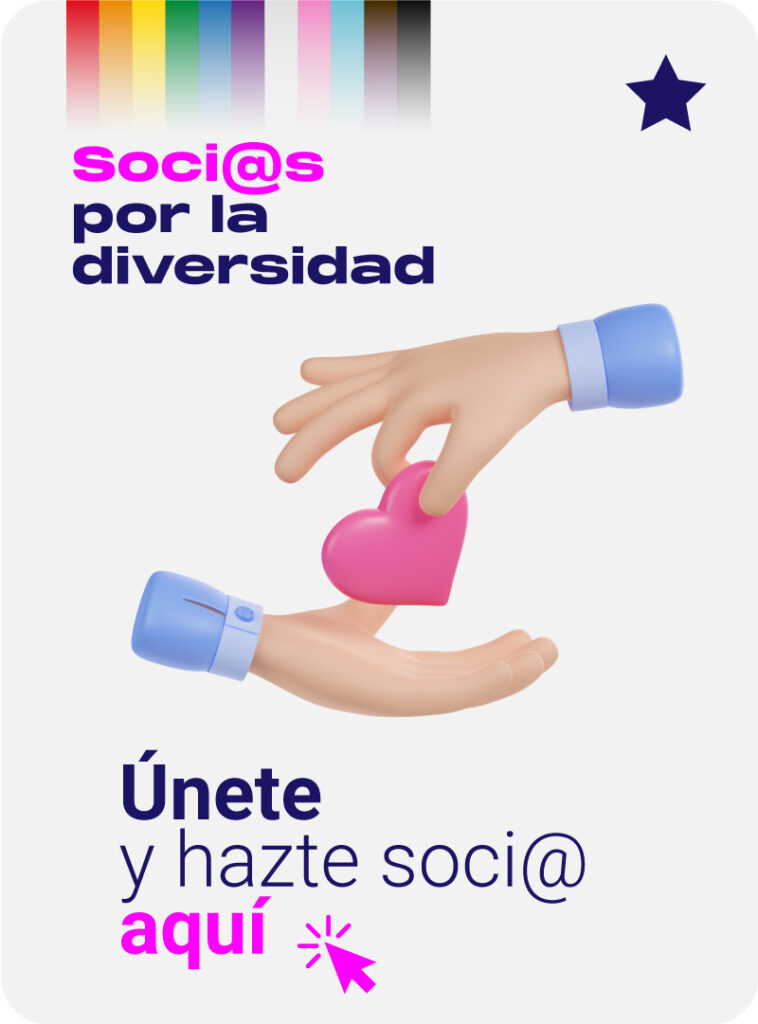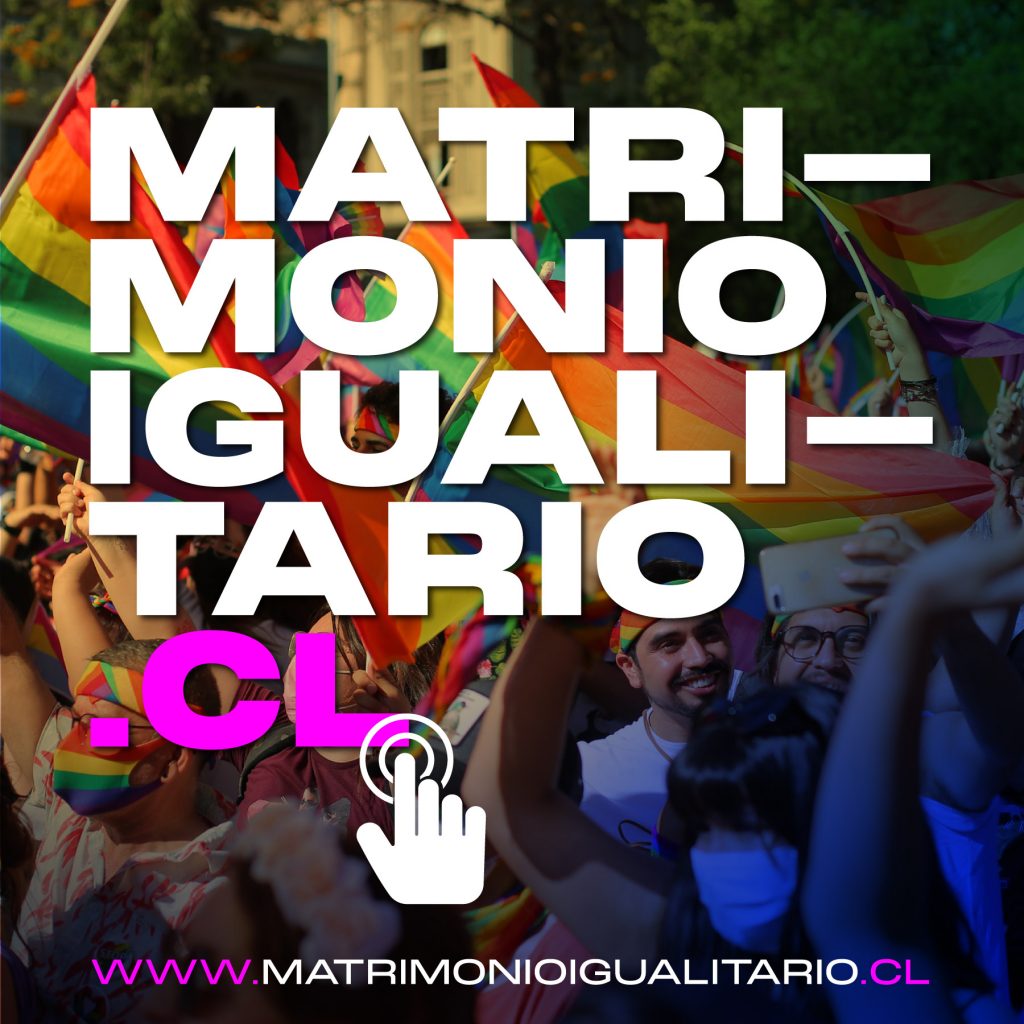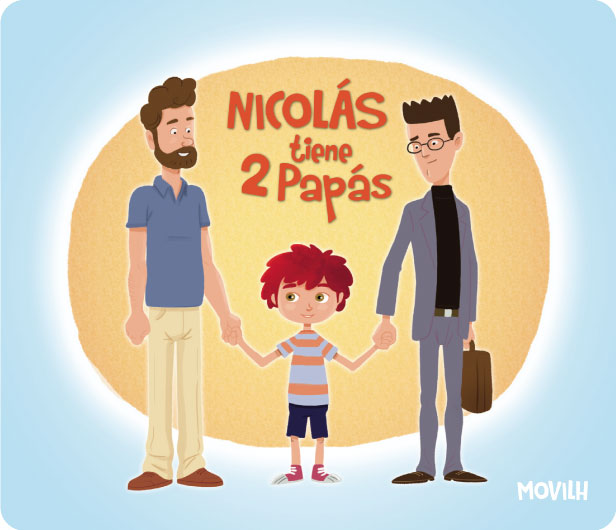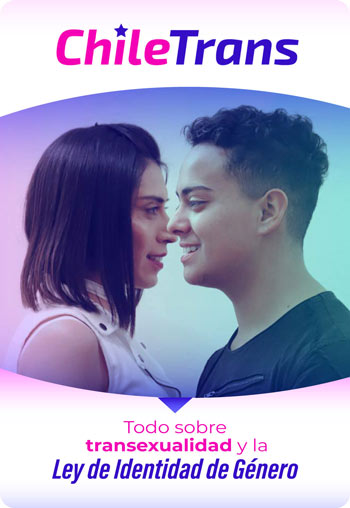1.- Regulation of Coexistence in School
In 2010 the Ministry of Education launched the “Regulation of Coexistence in School”, to prevent and eradicate the violence and discrimination in the classrooms. After proposals from Movilh, the Regulation benefited the sexual minorities in other social sectors.
Older records can be found in the IX Annual Report on the Human Rights of the Sexual Minorities of Chile.
_____________________________________________________________________________________________
2.- Transsexuality and health
In 2011, after four years of work together with Movilh, the Ministry of Health transformed the policy of the state towards the transsexual population. By this a convention was approved that regulates at a national level the procedure of corporal modification, that obliges the public health centers, according to a memorandum, to treat transsexual individuals by its social name. In 2012 the Ministry of Healthreiterated the previous memorandum, after Movilh warned that some services wasn’t implementing it according the regulation. Older records can be found in the X and XI Annual Reports on the Human Rights of the Sexual Minorities of Chile.
Reiterated Momorandum
_____________________________________________________________________________________________
3.- Ruling on advances of non-discrimination in the Labor Code
After dialogues, proposals and development of common projects between Movilh and the Ministry of Labor and the Department of Labor towards the objective to prevent exclusion in workplaces based on sexual orientation, gender identity, the government issued in 2004 a convention that clearly acknowledges that the principles of non-discrimination, guaranteed in the Labor Code and in the Constitution are applicable on the sexual minorities.
_____________________________________________________________________________________________
4.- Plan for Sexual and Affective Education
This plan of the Ministry of Education gives recommendations regarding how to implementthe sexuality in the educational establishments and includes, after proposals from Movilh, the concepts of sexual orientation and non-discrimination. The proposal was launched in 2005 and recommends strategies until 2010.
________________________________________________________________________________________
5- Sentence of the Constitutional Court on sodomy
Between 2010 and 2011 the Constitutional Court for the first time tackled the significance of the 365 article in the penal code, in which the age restriction for sexual consent for homosexual men is 18, while for lesbians and heterosexuals 14. The homophobia reigned in the Constitutional Court and the sentenceof 365 was considered to be in conflict with the constitution. Yet, the minority vote gave important and fundamental discussions about the discrimination of the gay in Chile because of the applicability of the 365.
More information can be found in the ninth Report of the Human Rights of the Sexual Diversity in Chile.
_____________________________________________________________________________________________
6.- Sentence of the Constitutional Court on equal marriage
The text corresponds to an early sentenceof the Constitutional Court about marriage, in which, in 2011, the court sustained that the extension of rights of homosexual couples is in the power of the National Congress. In its resolution the Constitutional Court rejected an appeal from three gay couples and Movilh where they claimed that the prohibition of homosexual marriage was in conflict with the constitution. However, eight of the three ministers were in favor of regulation of domestic partnerships and five in favor of equal marriage, clearly calling upon the Congress to resolve the vulnerability of homosexual partnership.
The history of this sentence can be found in the ninth and tenth Report of the Human Rights of the Sexual Diversity in Chile.
_____________________________________________________________________________________________
7.- The first sanction of religious homophobia
Through a report from Movilh, the National Television Council (Consejo Nacional de Televisión, CNTV), in 2010 fined Canal 54 Liv-TV of Televisión América S.A for homophobic content in a religious program, the first known fine of its kind in Chile.
The sentence was given to the company in march by the CNTV and was followed by discussion, like the one in july, to finally determine the sentence in october 2010.
More information can be found in the ninth Report of the Human Rights of the Sexual Diversity in Chile.
Announcements from CNTV in March, July and October.
_____________________________________________________________________________________________
8.- Equal marriage backsets
The court of appeals in Santiago rejected in 2011 an appeal for protection of the equal marriage presented by three gay couples and Movilh. However, the president of the court, Alejandro Salís, recommended to study and reflect about the case and the concepts of marriage and family, adding that the demands from the same-sex couples had been unheard.
However, in 2012 the Supreme Court also rejected the equal marriage, which made Movilh to make a report to the Inter-American Commission on Human Rights.
The history of these two cases can be found in the ninth, tenth and eleventh Report of the Human Rights of the Sexual Diversity in Chile.
_____________________________________________________________________________________________
9.- Caso Atala: Sentencia Corte Interamericana de Derechos Humanos
En mayo del 2004 la Corte Suprema quitó a la jueza Karen Atala la tuición de sus tres hijas en razón de su orientación sexual, lo que llevó a la magistrada a presentar una demanda ante la Comisión Interamericana de Derechos Humanos. Tras años de lucha, en febrero del 2012 la Corte Interamericana de Derechos Humanos, en el marco de una sentencia histórica para los derechos de las madres lesbianas, declaró a Chile «responsable internacionalmente» de vulnerar los principios de no discriminación e igualdad garantizados en la Convención Americana de Derechos Humanos.
Completa historia y antececentes sobre este caso se encuentran en los Informes Anuales de Derechos Humanos de la Diversidad Sexual, correspondientes a todos los años entre el 2004 y 2012.
_____________________________________________________________________________________________
10.- Resolución sobre uniones de hecho
El 2011 el Consejo del Instituto Nacional de DDHH (INDH) aprobó a petición del Movilh una resolución donde advierte que la ausencia de una legislación sobre vínculos de hecho menoscaba los derechos de la diversidad sexual en Chile.
_____________________________________________________________________________________________
12.- Pacto Internacional de Derechos Civiles, Sociales y Políticos
Este texto corresponde a las recomendaciones formuladas el 2007 Chile por el Comité de Derechos Humanos de la ONU, donde entre otros exigió que las garantías del Pacto Internacional de Derechos Civiles, Sociales y Políticos fuesen aplicadas también a las minorías sexuales. El llamado de la ONU, tuvo lugar después de que el Movilh presentara informes de derechos humanos a dicha instancia.
____________________________________________________________________________________________
13.- Comité de los Derechos del Niño
En este texto el Comité de los derechos del Niño de la ONU expresa a Chile su preocupación porque el artículo 365 del Código Penal determina una edad de consentimiento sexual distinta para los homosexuales, es decir no igual que la de los heterosexuales. El Comité, tras un informe sombra presentado por el Movilh, llamó a Chile a corregir esta desigualdad.
Mayores antecedentes en el VI Informe Anual de los Derechos Humanos de la Diversidad Sexual en Chile.










